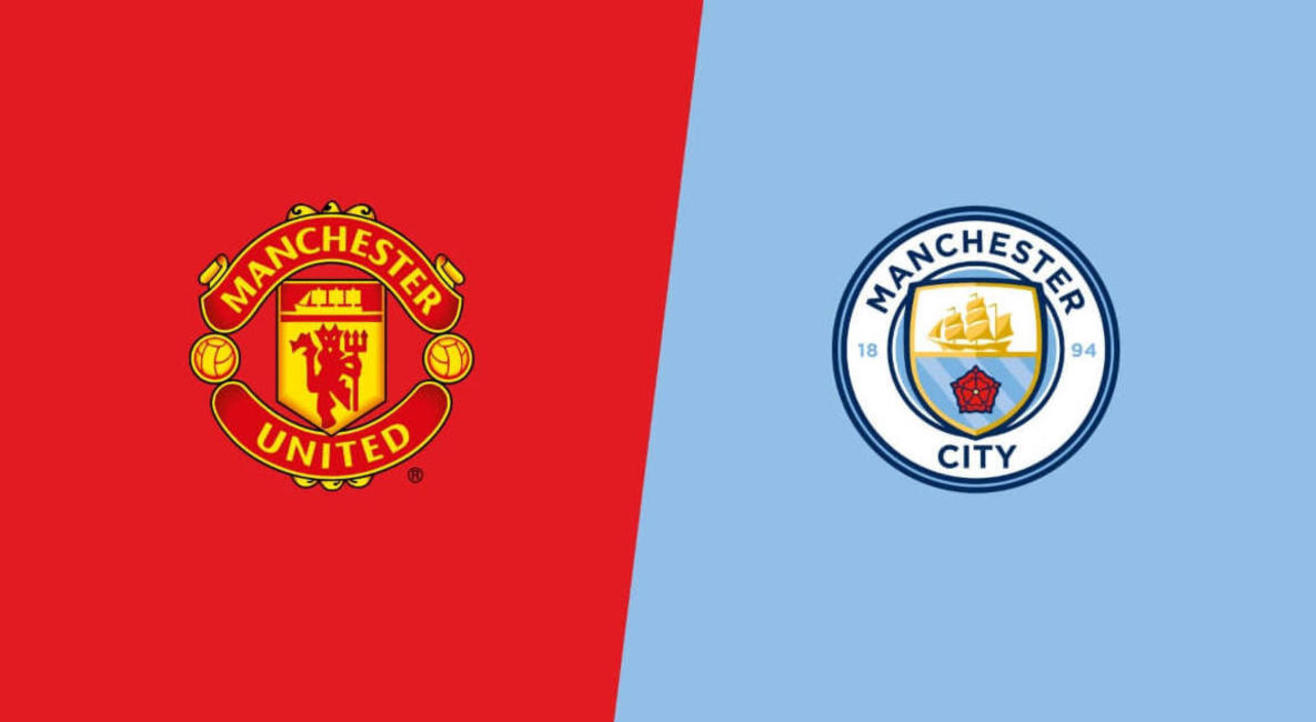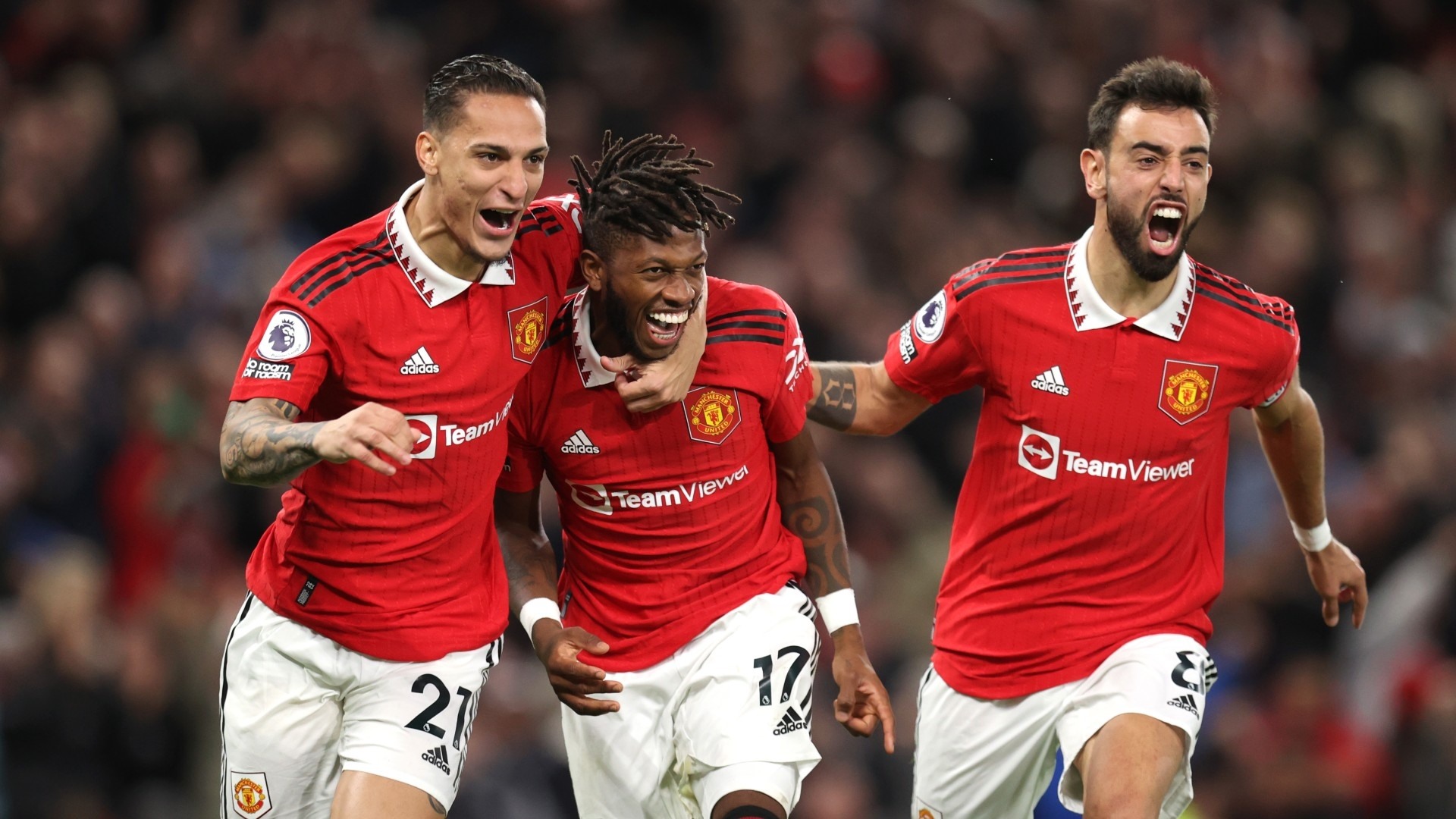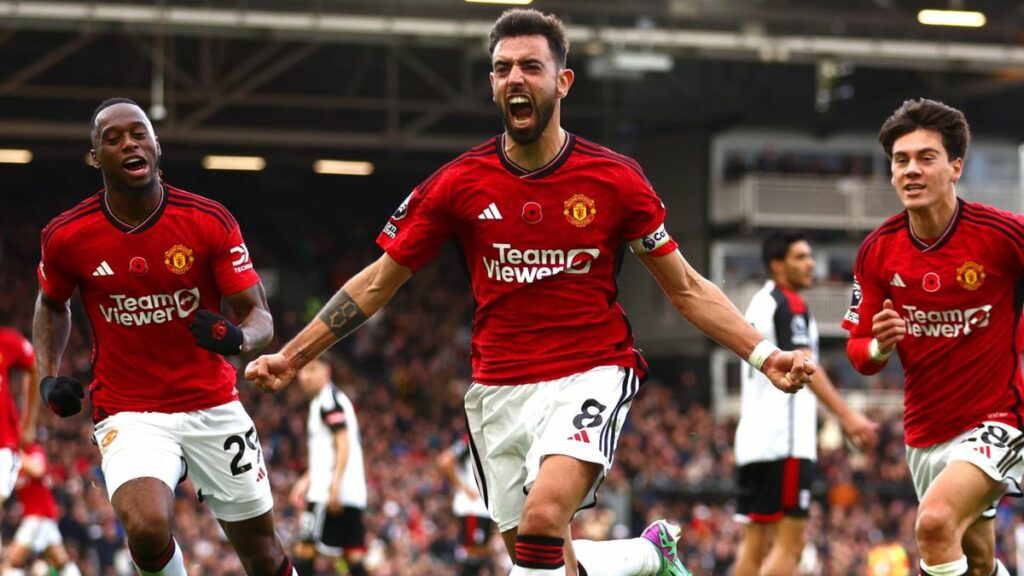The reality facing Manchester United is stark: to reclaim their former glory and aspire to be the best team in the world again, they must first assert dominance in their own city by surpassing Manchester City.

Sunday’s match against City highlighted the glaring gap between the two sides, both in terms of performance and tactical approach. While United opted for a pragmatic, counter-attacking style, City’s superiority on the pitch was evident through their control and creativity.
Erik ten Hag, facing numerous injury setbacks throughout the season, had little choice but to prioritize pragmatism over positivity. Deploying players like Bruno Fernandes in a false nine role and emphasizing counter-attacks with the pace of Marcus Rashford and Alejandro Garnacho was their best chance at success.
However, relying on defensive solidity and occasional opportunities is a risky strategy, requiring everything to fall into place perfectly. While it worked for a half, sustaining it for the entire match against City was improbable.
 Reflecting on Ten Hag’s tenure, United’s success has often stemmed from similar tactics: absorbing pressure and capitalizing on counter-attacks, as seen in notable victories against top teams in previous seasons.
Reflecting on Ten Hag’s tenure, United’s success has often stemmed from similar tactics: absorbing pressure and capitalizing on counter-attacks, as seen in notable victories against top teams in previous seasons.
Yet, relying solely on such an approach is not sustainable for United’s ambitions, especially when faced with deep-lying opponents. Their inability to generate sufficient shots against City underscores the shortcomings of this strategy.
Ultimately, United’s hopes of Champions League qualification hinge on their ability to break down defensive setups and evolve beyond their underdog mentality.


